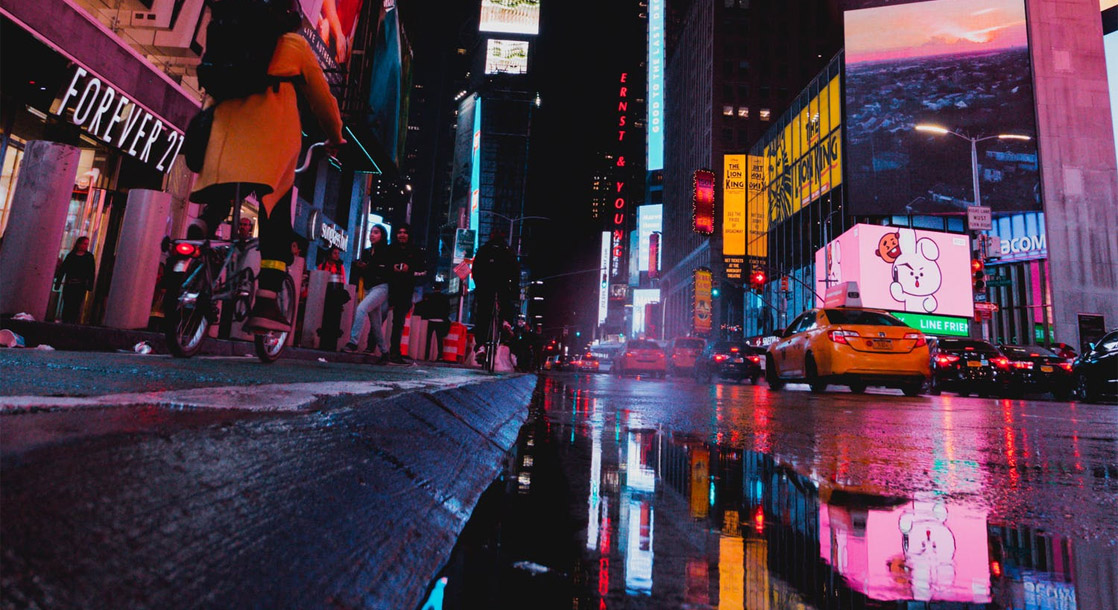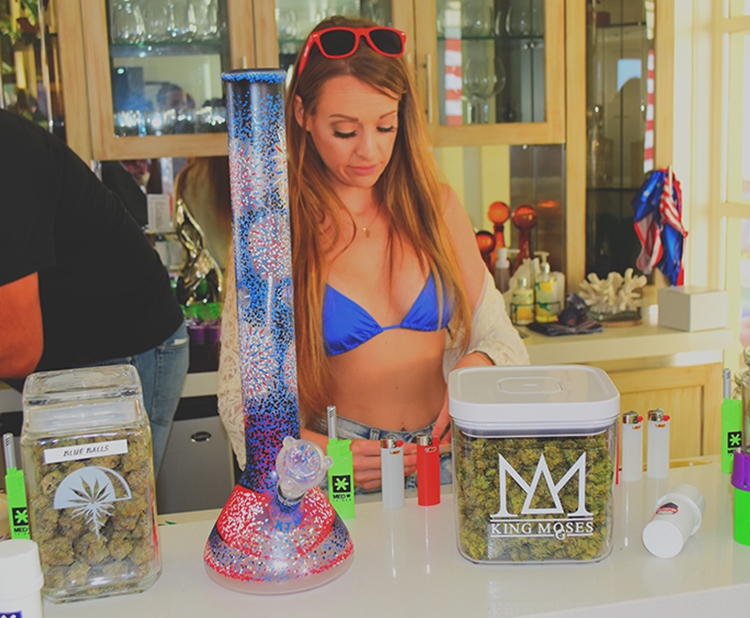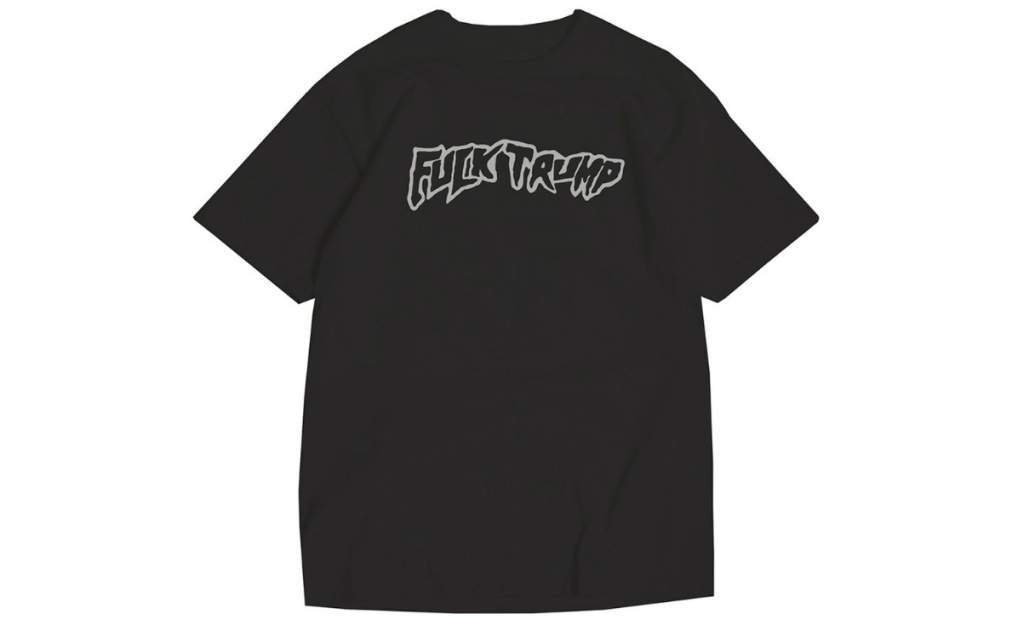Cover image via
On Thursday, New York Governor Kathy Hochul announced that the first 100 to 200 business owners to receive a cannabis business license will have a non-violent cannabis-related offense on their criminal record, or have a family member who does.
The governor has also announced a proposal that would earmark $200 million in state funds to support equity applicants seeking to open a cannabis business.
“I think they’re trying to solve for the hard things first, and I think that’s admirable,” Kassandra Fredrique of the Drug Policy Alliance told the New York Times upon learning of the policy announcement prioritizing those with cannabis on their criminal record.
“We’re trying to do what no other state has done, and that’s focus on their people,” said Assembly Majority Leader Crystal Peoples-Stokes, who heavily advocated the successful 2021 legalization bill.
New York’s first wave of cannabis businesses is expected to open by the end of the year, with most starting sales in early 2023. The state has not yet announced how many licenses will be given out but will be opening applications for cultivators first, in order to ensure that plants will be ready for the first wave of retail businesses that open.
Perhaps this is an obvious reminder, but the stakes are high in this situation because the New York market is about to be worth a lot of money. The latest governor’s budget estimated that the next six years would see $1.25 billion in tax revenue from the cannabis industry.
NY does have an advantage in that its policymakers can learn from other large-state industries that have already gone legal — and more than not, faltered on the path to building a legal cannabis industry that addresses the racial injustices of the Drug War.
In Illinois, Governor JB Pritzker talked a good game about addressing cannabis-related discrimination when he signed HB 1438 into law back in 2019. But the initial round of Illinois cannabis business licenses created an industry with only white owners. Additional lottery rounds meant to get licenses into the hands of entrepreneurs of color have been stymied by a legal battle whose delays threaten to force many to sell their permits before their businesses’ doors have even opened.
The LA Times found that, in California — home of America’s first cannabis equity program — less than 8% of cannabis licenses have gone to equity applicants through the end of 2020. The Cannabis Equity Act that was signed into law in 2018 did not require city governments to have equity programs, though it set aside state funding for those that did.
The Times reported positive reactions to the news that New York would be prioritizing social equity candidates regarding the state’s first hundred-plus licenses granted.
“As a person you feel down, a little bit defeated, like ‘Oh, I got a stain on my name,’” said Baron Fajardo, who was arrested on his first cannabis-related offense at the age of 16. “Now, that stain is actually the same thing that can help you.”
Follow Caitlin on Instagram, and catch her Spanish-language podcast Crónica on Spotify and Mixcloud.











